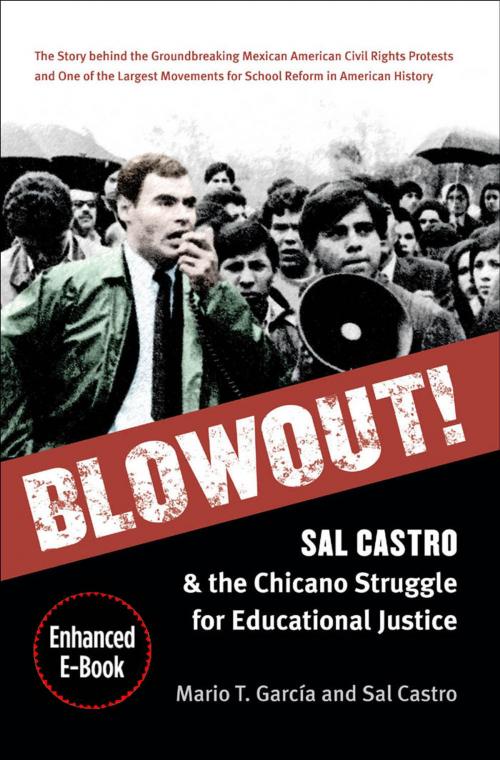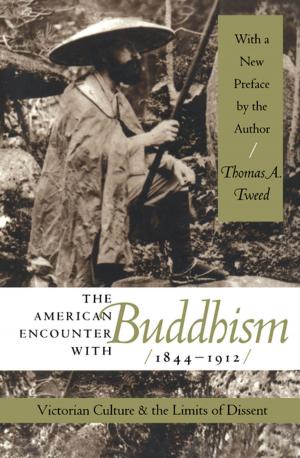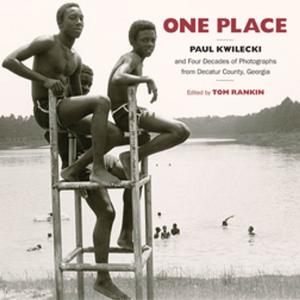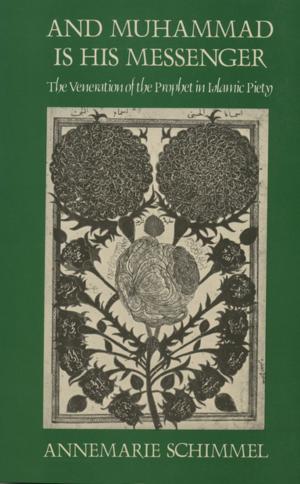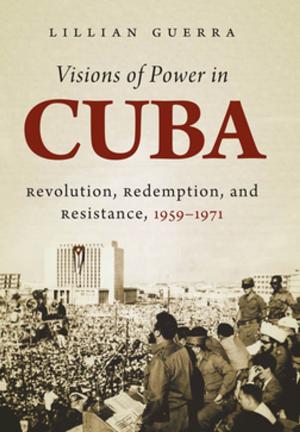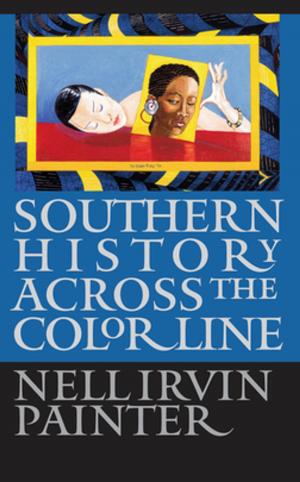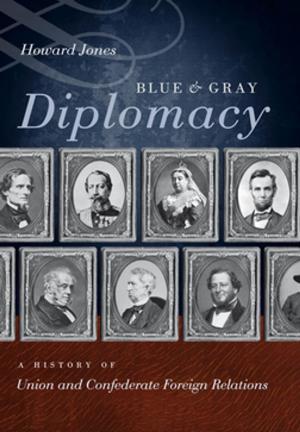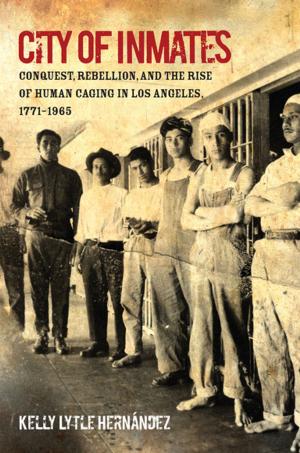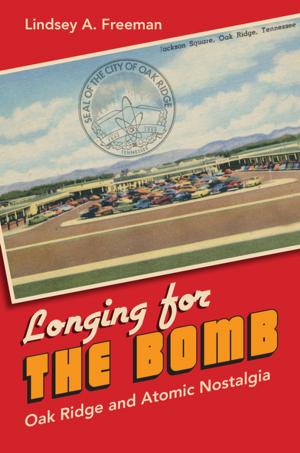Blowout!, Enhanced Ebook
Enhanced ebook with video and audio - Sal Castro and the Chicano Struggle for Educational Justice
Nonfiction, Reference & Language, Education & Teaching, Educational Theory, Educational Reform, Social & Cultural Studies, Social Science, Cultural Studies, Ethnic Studies, Biography & Memoir, Reference| Author: | Mario T. García, Sal Castro | ISBN: | 9781469608389 |
| Publisher: | The University of North Carolina Press | Publication: | November 1, 2012 |
| Imprint: | The University of North Carolina Press | Language: | English |
| Author: | Mario T. García, Sal Castro |
| ISBN: | 9781469608389 |
| Publisher: | The University of North Carolina Press |
| Publication: | November 1, 2012 |
| Imprint: | The University of North Carolina Press |
| Language: | English |
In March 1968, thousands of Chicano students walked out of their East Los Angeles high schools and middle schools to protest decades of inferior and discriminatory education in the so-called "Mexican Schools." During these historic walkouts, or "blowouts," the students were led by Sal Castro, a courageous and charismatic Mexican American teacher who encouraged the students to make their grievances public after school administrators and school board members failed to listen to them. The resulting blowouts sparked the beginning of the urban Chicano Movement of the late 1960s and early 1970s, the largest and most widespread civil rights protests by Mexican Americans in U.S. history.
This fascinating testimonio, or oral history, transcribed and presented in Castro's voice by historian Mario T. Garcia, is a compelling, highly readable narrative. Beginning with Castro's experiences as a boy growing up in Los Angeles, the story takes him through a stint in the military, to his career as a teacher, his role as a key leader and facilitator of the blowouts, and his experience as the subject of an week-long sit-in at the offices of the School Board by students and community members who did not want to see him fired from his job. Castro expresses his deep commitment to instilling in young Mexican Americans a sense of cultural pride, and to encouraging their aspirations to achieve a college education and full participation in American society. With humor and affection, he challenges and provokes his audience to recognize the long path ahead. Blowout! fills a major void in the history of the civil rights and Chicano movements of the 1960s, particularly the struggle for educational justice.
The enhanced electronic version of the book draws from archives, libraries, and the author's personal collection and includes more than 150 interview excerpts, documents, and photographs, each embedded in the text where it will be most meaningful. Featuring more than 100 audio and video clips (more than 3.5 hours total) from 10 individuals, including Castro himself, the enhanced e-book brings alive the collective nature of the blowouts through the voices of people who were at the center of the action.
In March 1968, thousands of Chicano students walked out of their East Los Angeles high schools and middle schools to protest decades of inferior and discriminatory education in the so-called "Mexican Schools." During these historic walkouts, or "blowouts," the students were led by Sal Castro, a courageous and charismatic Mexican American teacher who encouraged the students to make their grievances public after school administrators and school board members failed to listen to them. The resulting blowouts sparked the beginning of the urban Chicano Movement of the late 1960s and early 1970s, the largest and most widespread civil rights protests by Mexican Americans in U.S. history.
This fascinating testimonio, or oral history, transcribed and presented in Castro's voice by historian Mario T. Garcia, is a compelling, highly readable narrative. Beginning with Castro's experiences as a boy growing up in Los Angeles, the story takes him through a stint in the military, to his career as a teacher, his role as a key leader and facilitator of the blowouts, and his experience as the subject of an week-long sit-in at the offices of the School Board by students and community members who did not want to see him fired from his job. Castro expresses his deep commitment to instilling in young Mexican Americans a sense of cultural pride, and to encouraging their aspirations to achieve a college education and full participation in American society. With humor and affection, he challenges and provokes his audience to recognize the long path ahead. Blowout! fills a major void in the history of the civil rights and Chicano movements of the 1960s, particularly the struggle for educational justice.
The enhanced electronic version of the book draws from archives, libraries, and the author's personal collection and includes more than 150 interview excerpts, documents, and photographs, each embedded in the text where it will be most meaningful. Featuring more than 100 audio and video clips (more than 3.5 hours total) from 10 individuals, including Castro himself, the enhanced e-book brings alive the collective nature of the blowouts through the voices of people who were at the center of the action.
